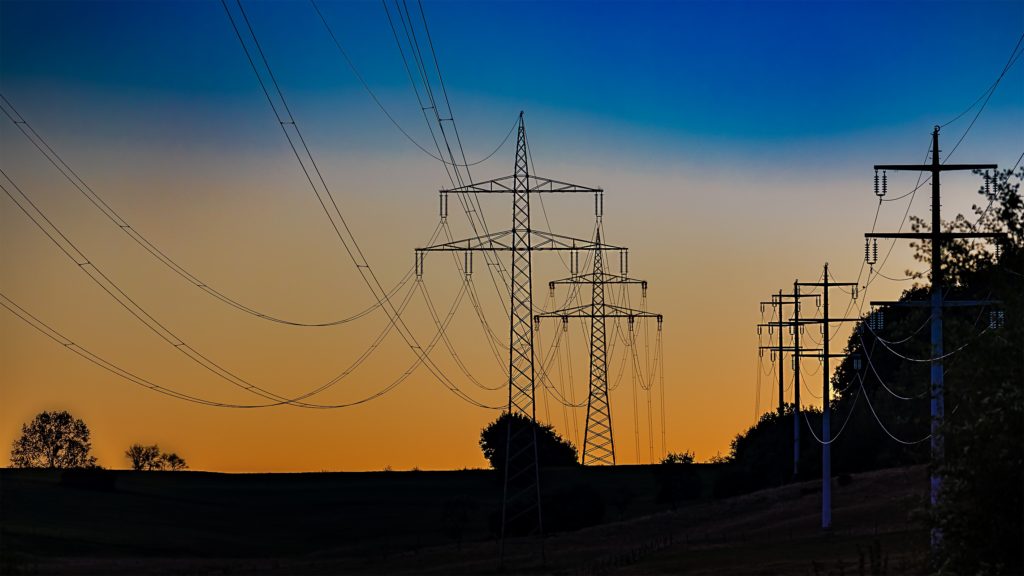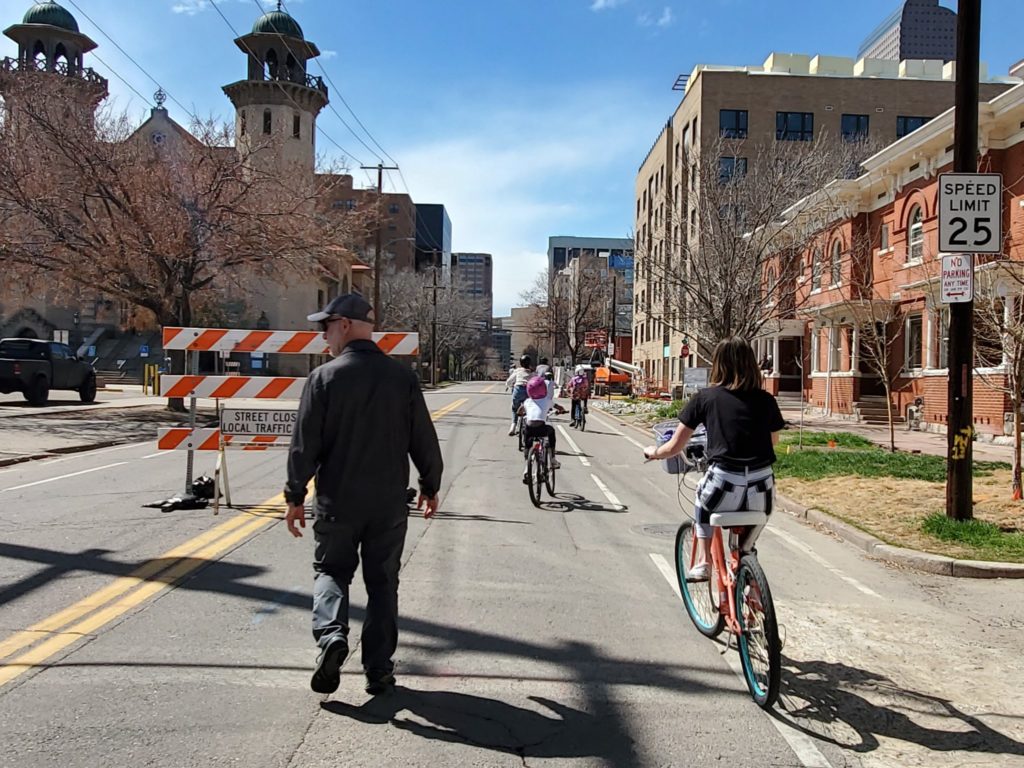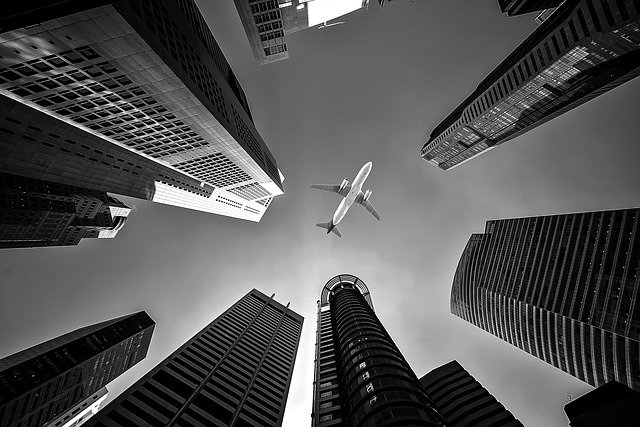Rethinking energy during Covid-19 times
At Sparknews, we believe that they can also be great opportunities to adapt and rethink our relations with the world. As a team who wants to ignite new narratives that can accelerate the ecological and social transition, we can’t avoid asking ourselves what will be the shape of the global collective story emerging from the current worldwide sanitary emergency. In this week #SparkMinute, let’s focus on energy with local examples of solidarity, of businesses rethinking their models, and of articles and opinions that can nourish our imagination.

Are we finally adopting an energy sobriety mindset?

When organizations walk the extra mile
During the lockdown, new bicycle lanes and pedestrian streets proliferate in Mexico City, New York, Berlin, Winnipeg and Calgary. Twenty-two kilometers of “corona bike lanes” were set up in Bogotá overnight on March 17, in response to a drop in car traffic. Read more on City Lab.
Energy efficiency goes hand-in-hand with designing products that need less power. That is precisely what the AvGa is — an Indian toaster-sized ventilator that helps local hospitals in the fight against the virus. The Japan Times features this frugal innovation.
A fall in energy use combined with sunny, breezy weather in the United Kingdom has made clean energy cheaper than ever. Octopus Energy, which produces energy from 100% renewable sources, is offering households to earn money while using clean electricity during the day.

Local initiatives against global disorder
The student-led movement Turning Green has launched the Turning Green Classroom, a month-length of eco-learning lessons for families with simple daily activities. Anyone can get informed and inspired all throughout April. You can start by following a lesson on Farm to Fork, Carbon Footprintor Climate.

Let’s imagine further

At Sparknews, are convinced that the coronavirus global outbreak will lead us to draw valuable lessons about our globalized economic system. Whether on matters like education, solidarity, biodiversity or our way of work, it will be up to us to return to the status quo once the health crisis is over, or to reshape everything. Discover our #SparkMinute on education, work, and food.




